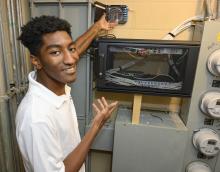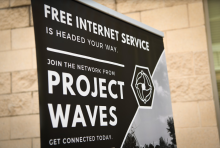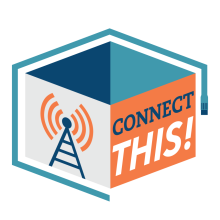Gibson Connect's Rural Cooperative Model - Episode 658 of the Community Broadband Bits Podcast

In this episode of the podcast, Chris talks with Scott Goff of Gibson Connect, a subsidiary of Gibson Electric in Tennessee.
They explore how the electric co-op’s long-standing community trust helped launch a successful fiber network, bringing reliable, affordable Internet to areas that had long been unserved or underserved.
Scott shares stories of rural residents experiencing broadband for the first time, the challenges of state restrictions, and how Gibson Connect balances growth with a cooperative, member-first philosophy.
This show is 26 minutes long and can be played on this page or via Apple Podcasts or the tool of your choice using this feed.
Transcript below.
We want your feedback and suggestions for the show-please e-mail us or leave a comment below.
Listen to other episodes or view all episodes in our index. See other podcasts from the Institute for Local Self-Reliance.
Thanks to Arne Huseby for the music. The song is Warm Duck Shuffle and is licensed under a Creative Commons Attribution (3.0) license








